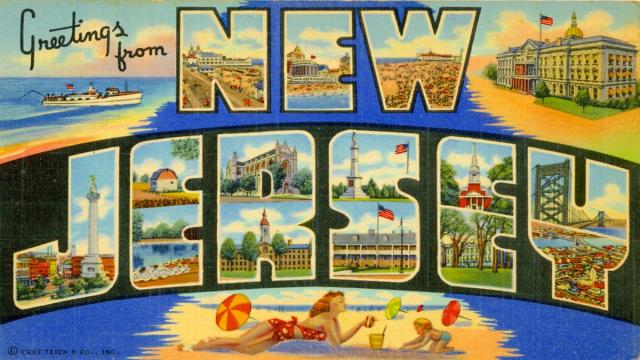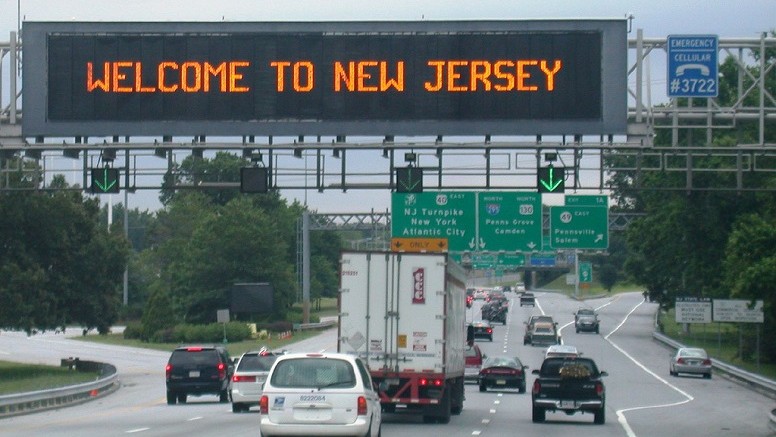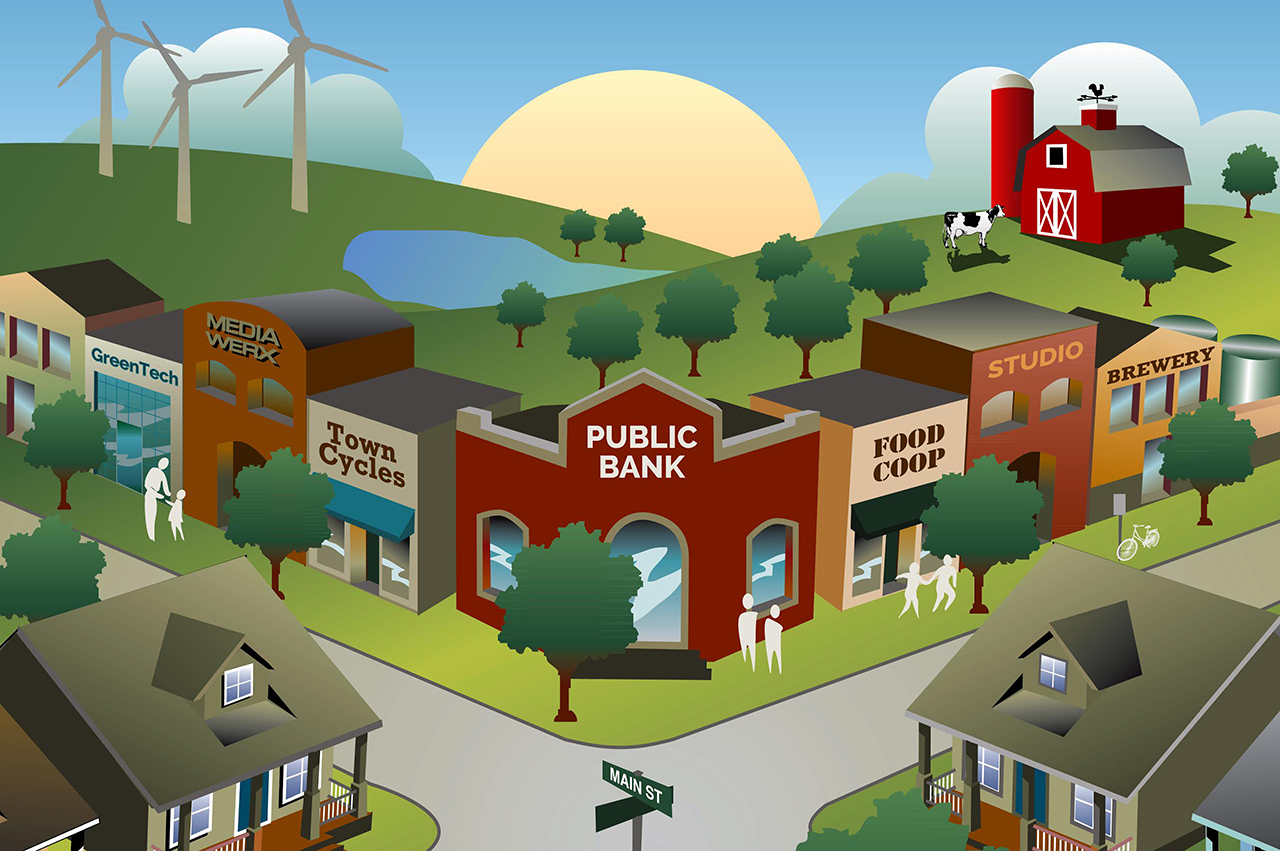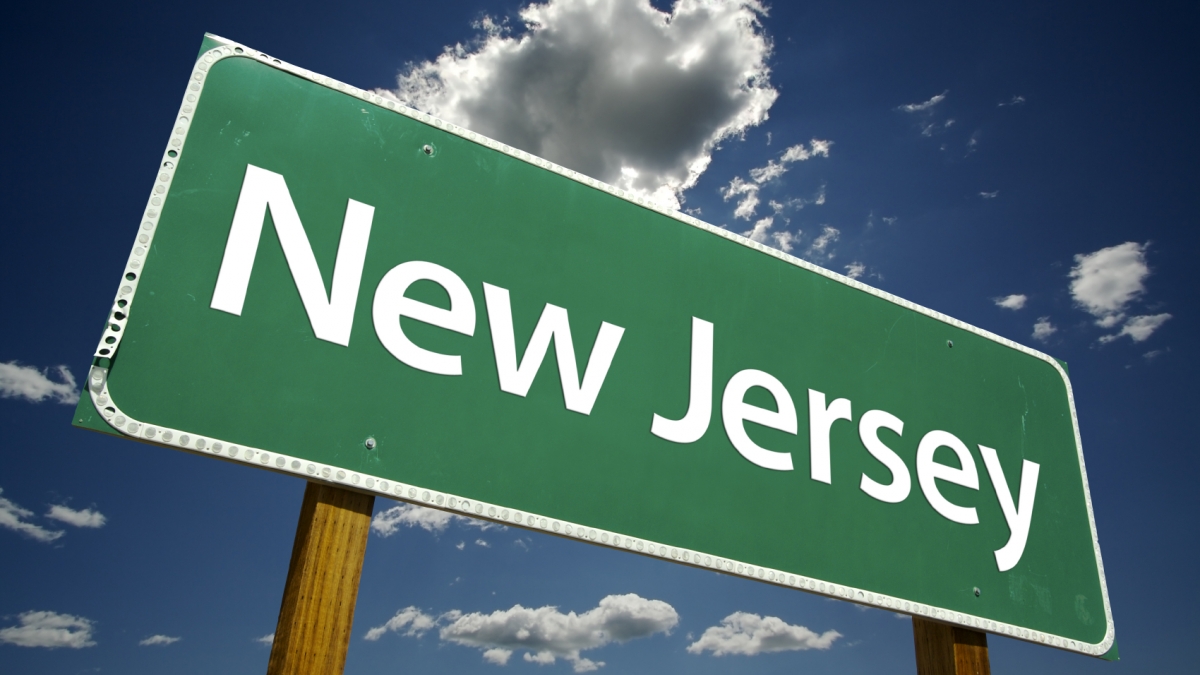
This is Part 6 in a 10-part series on public banking and economic justice. Read parts 1, 2, 3, 4, 5, 6, 7, 8, 9 and 10.
Most people in the public banking movement, and economic justice advocates as a whole, celebrated Phil Murphy's gubernatorial victory in New Jersey last November. I did too, but cautiously. I asked, and continue to ask, whether an ex-Goldman Sachs executive is the right proponent for a democratized banking system with the potential to bypass Wall Street, the worst possible proponent of such an idea, or somewhere in between.
My curiosity and caution is forged in experience. I've studied how the Nonpartisan League, a socialist farmers party, marched into power in North Dakota a century ago and occupied the government just long enough to establish a public bank that the now-conservative state wouldn't dream of dismantling.
I've also watched momentum build over the last seven years since the Occupy movement revitalized the nationwide call for public banks. I've watched the movement stumble and struggle with its own homogeneity when trying to build alliances with urban activists in cities like Detroit. And I've watched us hit a wall, time and again, trying to sell public banks to mainstream politicians.
This has been, in almost every instance, because of the noise (read: opposition) generated by cities' and states' private financial sectors.
Now, a banker from the Belly of the Beast has emerged to fight New Jersey's entrenched financial interests and implement what, if it succeeds, will be one of the most progressive state agendas in the country. Will Murphy and public banking advocates finally succeed in the Garden State?
Understanding Bankthink and Phil Murphy
In a provocative 2014 article, Professor Richard Werner of the University of Southampton (UK) explored the tension in banking paradigms: between those who argue that banks essentially create money "out of nothing" through lending it, and those who insist that banks are merely "financial intermediaries" who broker other people's money but do not create new money. Werner concluded that the empirical evidence strongly suggests that banks can create money out of nothing, a view shared over the years by prominent bankers and finance experts including, about a hundred years ago, the editor-in-chief of The Economist.
Proponents of public banks strongly agree with Prof. Werner, and believe that the power to create money ought to be subject to public, democratically accountable governance. Werner's article suggests that opponents of that view (mainly supporters of private banking) are just being stubborn in the face of the evidence.
As a former finance executive who helped privatize industries in Europe and brokered financial deals between leaders, nations and their banks, Phil Murphy must be aware of the theoretical tension over whether banks create or do not create money. And he likely errs on the side that banks indeed have such a power – at least to a degree that would make it advantageous for New Jersey to follow North Dakota's state banking model.
Murphy tells reporters, like the Washington Post's David Wiegel, that his beliefs play a strong role in the policies he supports. "Somebody said to me at one point, ‘Hey, how come you haven’t moved to the middle since you won the primary?’... I said, ‘Let me tell you the secret: I believed what I said in the primary.'"
Believing in the power of public banking puts the former champion of privatization in a very different world than he was before.
We should stick a pin in Murphy's pledge not to "move to the middle," particularly as the struggle for a public bank in the state really heats up. At the beginning of this year's legislative session, state senators Nia Gill and Richard Codey introduced the State Bank of New Jersey Act. The bill was then referred to the Senate Commerce Committee.
Currently, "the bill is on hold until the [state] budget is passed at the end of June," Joan Bartl, co-director of Banking On New Jersey, told me. "We have been assured that Governor Murphy is fully committed to it."
Building the Grassroots in New Jersey
The New Jersey public banking movement, in fact, is responsible for having planted the idea for a public bank in Murphy's head in the first place. Since then, economic justice leaders and economists in the state have latched on to the plan.
Recently, Analilia Mejia of the New Jersey Working Families Alliance, and Dan Fatton of the New Jersey Work Environment Council, wrote a powerful editorial arguing that a public bank's "sweeping investments" in energy efficiency and public transportation would be a catalyst for the state's economy. They also pointed out that people of color trying to start businesses in New Jersey face discrimination in lending – something a public bank, accountable to the people, would presumably solve. And they mentioned that "New Jersey paid more than $1 billion in fees and $3 billion in interest to Wall Street for debt services in 2016," another problem a public bank could mitigate.
Deborah M. Figart, economics professor at Stockton University in Galloway, NJ, wrote that a public bank in the state could fund much-needed infrastructure improvements at near-zero interest rates. "NJ is a rich state that is ostensibly broke,” Banking on New Jersey's Bartl told me, “and that irony is not lost on citizens who are eager to realize civic improvements ranging from infrastructure repairs and school investment to lower state taxes, which are now among the highest in the country.”
People in the public banking movement are pleased with Murphy's election, but they aren't taking anything for granted. They can't. Bartl says that around 60 organizations under the umbrella of Jersey Renews have endorsed public banking, including NJ Future, NJ Policy Perspective, Work Environment Council, Working Families, Blue Wave, the NAACP state chapter, and others.
Unsurprisingly, the New Jersey Bankers Association is lobbying strongly against the proposal. But unlike the public banking movement in Los Angeles, which secured the city's divestment from Wells Fargo and hasn't invited bankers to the table, the New Jersey movement is trying to persuade at least the smaller banks that they ought to join the cause.
"They see us as competition," Bartl told me, even though Bartl and others have tried to explain to small and mid-sized banks "why the State Bank would not compete with their interests and would actually help their civic and business prospects." Of course, it's complicated. On face, a public bank that takes on municipal deposits would deprive private banks of up to 20 percent of their deposit base. A public bank would be helpful to small and community banks in other ways, but the private sector would have to give up a little profitability and a lot of financial influence in the process.
History shows that such power will probably not be willingly surrendered.
Walt McRee, co-director of Banking on New Jersey, who served as chair of the Public Banking Institute for two years (including while I served on the board there), sees the New Jersey movement's strategy as both top-down and bottom-up, similar to the insider-outsider strategy cited by the Los Angeles public banking movement.
“It’s essential that we educate these leaders quickly before the rumor mill circulates distortions about the bank and its operations,” McRee told me. “If you leave a vacuum of knowledge about key bank[ing] facts, it will quickly get filled with all sorts of propagandist debris that we’ll have to deal with when the going gets more intense, which we expect it surely will.”
Bartl told me some of that intensity is already showing, with an individual driving "a fusillade of cynical comments" against New Jersey's public banking proposal on social media sites. Nevertheless, Banking on New Jersey is going forward undaunted. "We expect that a new level of governmental action will materialize during the summer," Bartl told me, "but we won't be waiting for such developments to occur."
Banking on New Jersey is "educating key leaders and citizens and gathering citizen support through group alliances – a process that we feel cannot be abandoned until the State Bank of New Jersey is established," she added.
Will They Succeed?
Two decisive questions hang over the prospects of New Jersey creating a public bank. The first is whether grassroots pressure will push Murphy to maintain his resolve and spend the political capital necessary to get the public banking bill out of committee and onto the senate floor. On this front, the New Jersey movement seems to be doing what needs to be done, with public banking advocates assembling a united, trans-partisan, social justice-based body that's in favor of the bill.
The second question is more complicated: Is the New Jersey movement's effort to win over banking professionals helpful? Is it counterproductive? Or is it futile, even if not counterproductive?
This is a big, contentious and ultimately unsettled question, and not just in New Jersey. The public banking movement is divided on how to deal with the incessant sabotage of its advocacy by bankers and others in the financial sector. The predominant view is that we aren't being persuasive enough, and that we need to find better ways of convincing community bankers that a state-run bank will be helpful to them and not compete with them.
The dissenting view is that it's a waste of time to try to win bankers over. They know that even if a public bank will help support lending and regulatory compliance by community banks, the very existence of public financial utilities challenges the paradigm of private banking. This means even the success of community banks in North Dakota won't be enough to convince wannabee Wall Streeters that compromise with the public sector will ever really be advantageous to them.
The New Jersey public banking movement is committed to the first view. Since the private banking lobby in the state has already registered its fierce opposition, the coming battle for a public bank in the Garden State gives us the opportunity to both support a good fight, and learn a lot from what happens.
READ PARTS 1, 2, 3, 4, 5, 6, 7, 8, 9, 10
Matt Stannard is Policy Director at Commonomics USA and a member of the Public Banking Institute’s Board of Directors. Matt Stannard writes about cooperative economics, law, politics and culture. His blog is Cowboys on the Commons. Click to read more by Matt on Occupy.com.



















